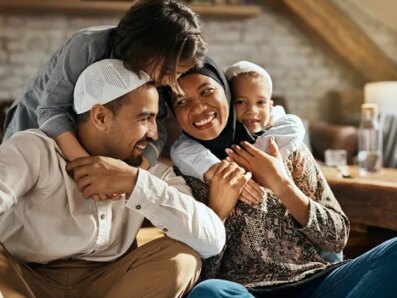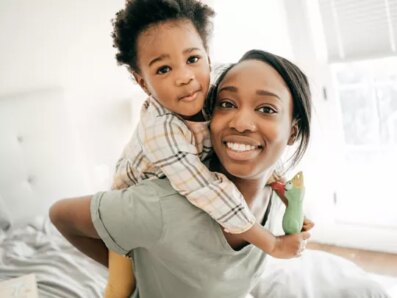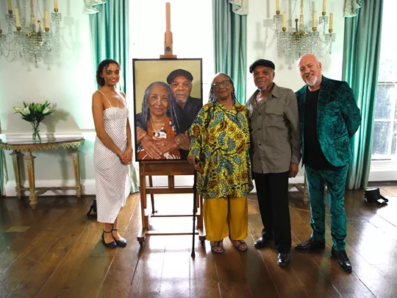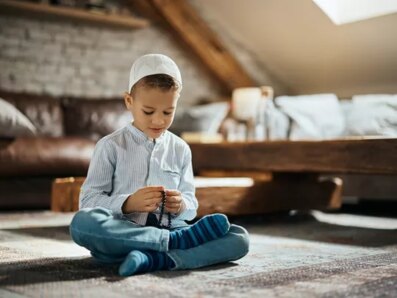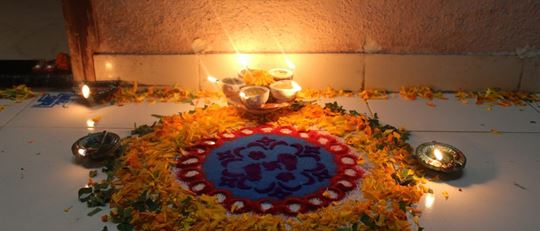
What is Diwali?
Many people know Diwali as a festival of light, but what is it and who celebrates it?
Diwali (also known as Deepavali, Dipawali or Divali) is one of the most widely celebrated festivals in the world, celebrated in India and across the world within the Indian diaspora. Diwali is India’s most important and biggest holiday of the year. A festival of light, Diwali gets its name from the row (avali) of clay lamps (deepa) that are lit outside the homes of those that celebrate, and Deepvali is a Sanskrit word meaning row of lamps.
Celebrated by multiple faiths
As a spiritual festival, Diwali originated in ancient Hindu religious tradition. However, it is celebrated across different faiths including the Sikh, Hindu, Jain and Newar Buddhist faiths; with each celebrating a unique aspect, and having their own way of celebrating. Of the multiple religious stories associated with Diwali, the most popular is the return of Lord Rama, an incarnation of the god Vishnu, to his kingdom of Ayodhya after defeating the demon king Ravana. It is also believed to be the day when Lord Krishna defeated the demon Narakasura. For Jains, Diwali marks the attainment of nirvana by Lord Mahavira. Sikhs celebrate Diwali as Bandi Chhor Divas, commemorating the release of Guru Hargobind Ji from imprisonment in the Gwalior Fort.
Diwali is observed annually over five days, after the end of the harvest.
The dates vary from year to year and coincides with the new moon which is the darkest night of the Hindu lunisolar calendar, falling between mid-September and mid-November. In 2023 Diwali celebration starts with Dhanteras on Friday November 10 and ends with Bhai Dooj on Wednesday November 15. Lakshmi Puja is celebrated as the day of Diwali and falls on Sunday 12 November.
How is Diwali traditionally celebrated?
People celebrate Diwali by following rituals and traditions including: cleaning and preparing the home, decorating the home with the lighting or diyas (oil lamps) and candles, and creating Rangoli (intricate art made from colourful chalk, powder, or rice and flowers) outside the home guests. On day three, which is considered the main festival day, families gather together in prayer followed by feast and fireworks. Day four is the first day of the New Year where friends and other relatives visit with gifts and bring their best wishes. Finally, on day 5 there is a celebration of sibling bonds and brothers visit the homes of their sisters, bearing gifts to enjoy a feast prepared by the sister, who additionally will pray for their brother’s health and well being.
Why children in care need to stay connected to their religion
At ACS, we strongly believe it’s crucial for children in care to feel close to their religion and culture. From our experience, the best outcomes are achieved when a child is placed with a family that knows, understands and respects the child’s religious and cultural needs. That’s why we’re one of the only independent faith-based fostering agencies that provide bespoke cultural and faith-based foster placements. Here’s why it’s important for children to stay connected to their faith during their time in foster care…


